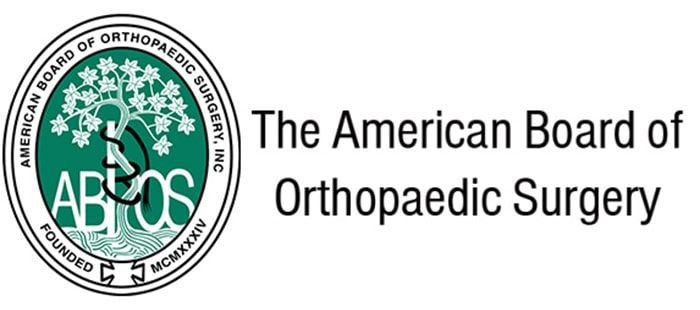Hip joint pain can have a significant impact on our quality of life at any age. For those who encounter these conditions as Young Adults, the impact can represent quite the struggle. Hip pain can make moving freely up and downstairs, squatting, walking, and even sleeping on the affected side difficult. This pain can often be accompanied by an occasional or frequent snapping or clicking sound that patients find worrisome. If there is no accompanying pain, this clicking or snapping is often nothing to be concerned about.
Understanding Hip Function and Problems
To begin understanding health concerns that can affect the hip, it helps to understand how your hip functions. Our hip is a ball-and-socket joint, the largest in the human body. The ball-shaped top of the thighbone, also called the femur, fits into the acetabulum. The acetabulum is a cup-shaped socket found in the pelvis. The hip joint is more stable and tighter than the other prominent ball-and-socket joint, the shoulder. However, it also lacks the range of motion of that joint.
Our hips are bound together by numerous tendons, ligaments, and muscles, as well as a joint capsule. Within the joint can be found several bursae, fluid-filled sacs that serve to cushion and lubricate the joint. These sacs also serve to help the tendons and muscles securing the joint to move smoothly.
Hip problems can be the result of various factors. Changes in the bone over time, overuse, infection, tumors, congenital concerns, and even blood supply can be involved. While the actual problem may reside in the hip, it’s common for those experiencing hip problems to feel pain in the thigh or knee. The type of hip pain you have may help your doctor determine the cause of your pain. The specific details of your pain can reveal a lot about the nature of your hip issue:
- Pain that remains at the same level even when standing or moving. This points to a problem of less severity unless the pain continues or wakes you up while sleeping.
- Pain that increases in severity while moving the hip, but not when bearing weight or standing. This indicates an infection, inflammation, or muscle injury.
- Pain that increases while bearing weight and causes limping while walking or difficulty standing. This indicates the presence of an issue with the hip joint itself. If you are unable to bear any weight on the hip, a serious concern with the joint or bone is present.
- Snapping pain in the hip or knee could be the result of iliotibial band syndrome.
- Hip, thigh, or knee pain in an older child or teen often indicates slipped capital femoral epiphysis or Legg-Calve-Perthes disease.
- Pain that increases in the morning but eases throughout the day can be the result of rheumatoid arthritis, osteoarthritis, or lupus.
These represent a limited selection of the kinds of pain that hip pain sufferers may experience. All of these conditions can appear in patients of any age.
Speak To Your Joint Specialist About Treatment Options
Your best first step when addressing the presence of hip pain is speaking to a specialist in joint pain. There are pediatric osteopaths and specialists who can provide specific treatment for these conditions in younger patients.





